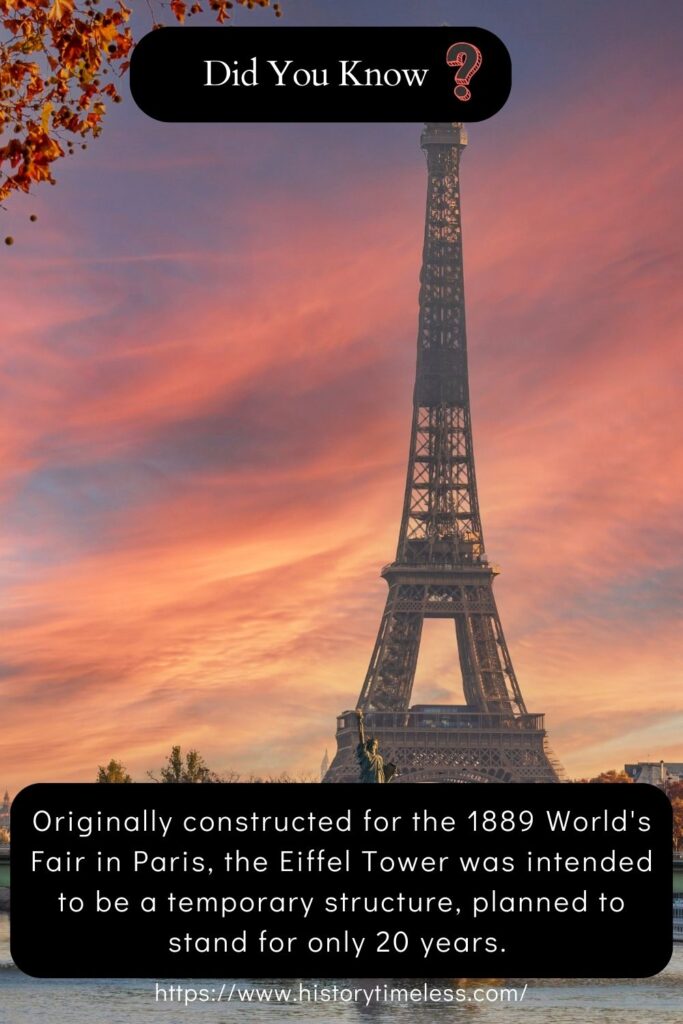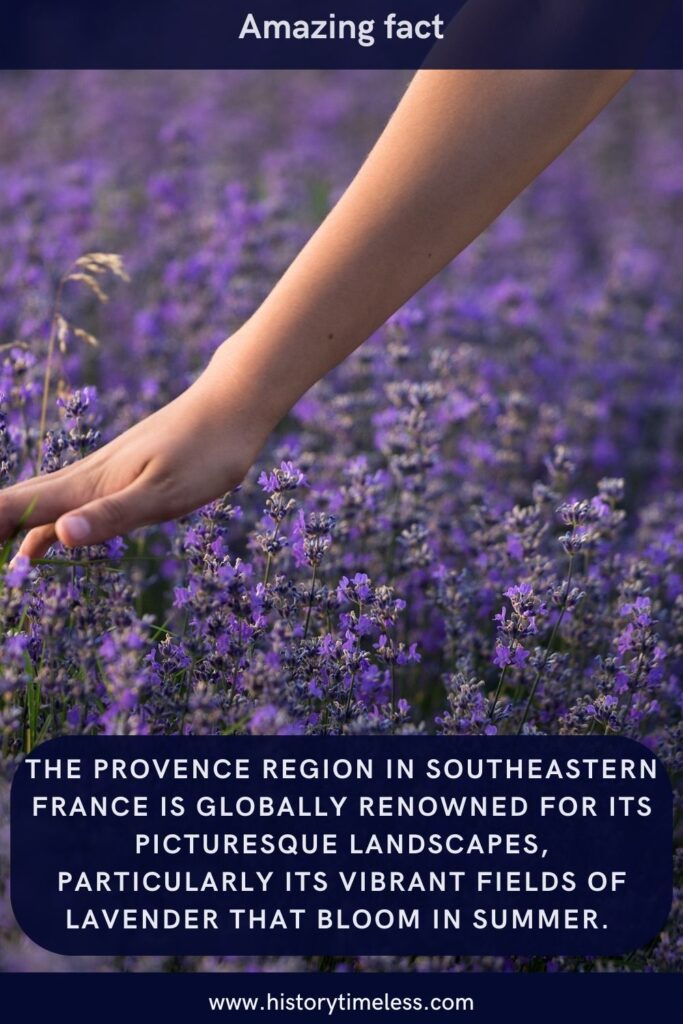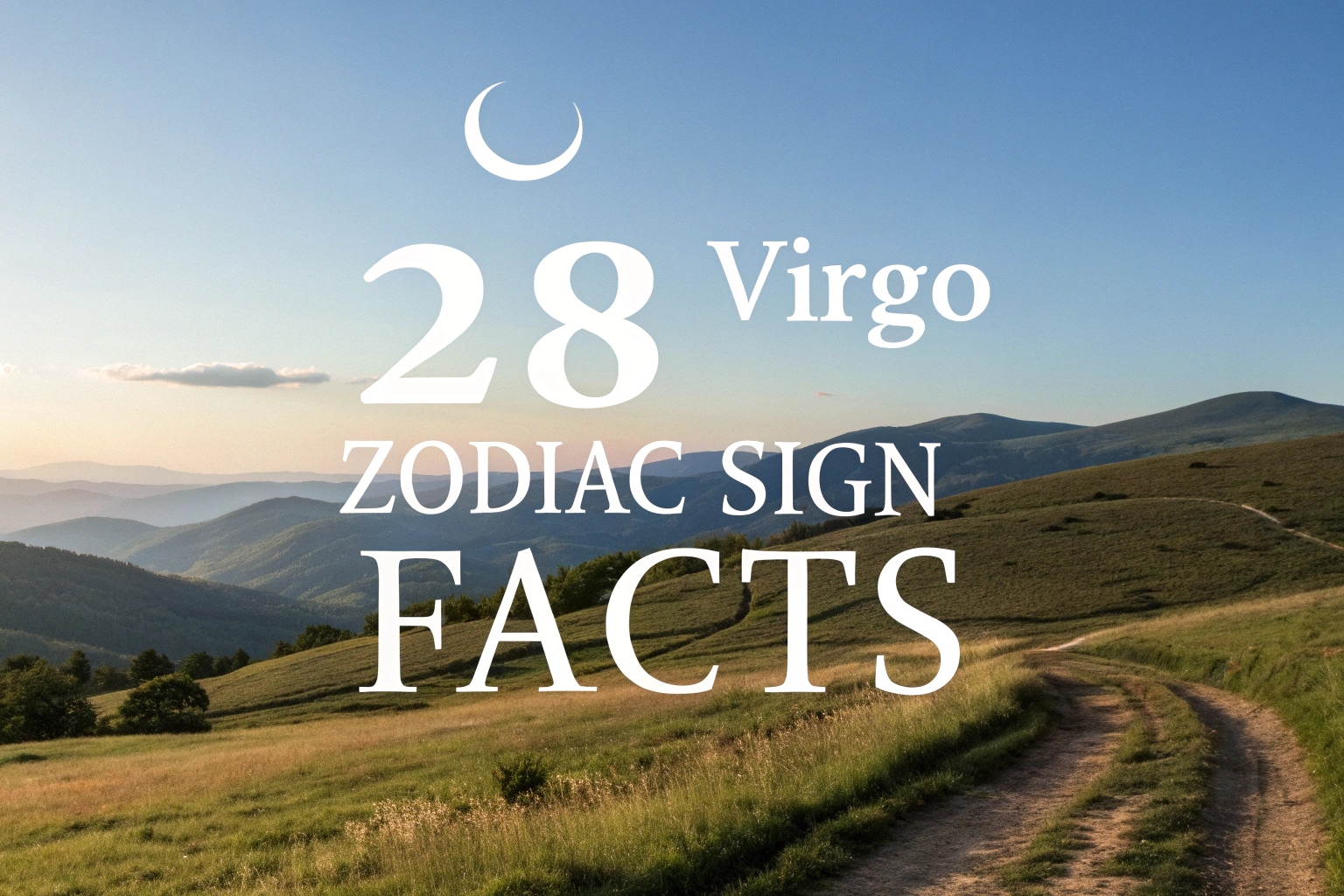France, a country that effortlessly conjures images of romance, history, and culinary excellence, is so much more than just berets and baguettes.
From its iconic landmarks that dominate postcards to its charming, lesser-known traditions tucked away in regional villages, France is a land of endless discovery.
Prepare to be captivated as we unveil 25 fascinating facts that will enrich your understanding and appreciation of this remarkable nation. Get ready to journey beyond the clichés and delve into the heart of France!
1. The Eiffel Tower Was Initially Meant to Be Temporary
Originally constructed for the 1889 World’s Fair in Paris, the Eiffel Tower was intended to be a temporary structure, planned to stand for only 20 years.

Many prominent artists and intellectuals of the time even vehemently opposed its construction, considering it an eyesore and a blight on the Parisian skyline.
Thankfully, its value as a radio antenna in the early 20th century secured its survival, transforming it from a controversial temporary exhibit into the enduring symbol of Paris and France that we know and love today.
2. France is Home to the Louvre, the World’s Most Visited Museum
The Louvre Museum in Paris, housed in a magnificent former royal palace, consistently tops the charts as the world’s most visited museum.
Millions flock annually to marvel at its vast collection of art and artifacts, spanning from ancient civilizations to the 19th century.
Undoubtedly, the Mona Lisa draws the largest crowds, but the Louvre’s treasures extend far beyond, encompassing masterpieces like the Venus de Milo, Winged Victory of Samothrace, and countless other historical and artistic wonders.
3. French is an Official Language in 29 Countries Worldwide
While France is the heartland of the French language, its influence extends far beyond its borders. French holds official language status in a remarkable 29 countries across the globe, including nations in Africa, North America, the Caribbean, and Europe.
This widespread usage reflects France’s historical colonial reach and enduring cultural impact, making French a truly global language spoken by millions and studied by even more.
4. Paris is Widely Considered the Fashion Capital of the World
For centuries, Paris has reigned supreme as the undisputed fashion capital of the world. Home to legendary haute couture houses like Chanel, Dior, and Yves Saint Laurent, the city dictates trends and sets the standard for style and elegance.
From the glamorous runways of Fashion Week to the chic boutiques lining the Champs-Élysées, Paris embodies the artistry and innovation of the fashion industry, attracting designers, models, and fashion enthusiasts from every corner of the globe.
5. The Humble Croissant Actually Originated in Austria, Not France
Despite being an iconic symbol of French breakfast culture, the croissant actually traces its origins back to Austria. The “kipferl,” a crescent-shaped pastry, is considered the croissant’s ancestor and is believed to have been brought to France by Austrian baker August Zang in the 19th century.
French bakers then adapted and refined the recipe, transforming it into the flaky, buttery delight we now universally recognize as the croissant, forever associating it with French patisseries.
6. There’s a Law in France Governing the Making of Traditional Baguettes
The baguette, another quintessential French food, is taken so seriously that there’s even a law, “le décret pain,” regulating its production.
This law, established in 1993, dictates that traditional French baguettes must be made only from four ingredients: wheat flour, water, salt, and yeast.
It also prohibits the use of additives and preservatives, ensuring the quality and authenticity of this daily bread staple and protecting traditional boulangeries from industrial competition.
7. France Boasts an Astounding Variety of Cheeses – More Than Days in a Year!
France is renowned for its incredible cheese culture, with some estimates suggesting there are more types of French cheese than there are days in a year – over 365 varieties!
From creamy Brie and pungent Roquefort to nutty Comté and tangy goat cheese, the diversity is astonishing.
Each region often has its own specialty cheeses, reflecting local terroir and cheesemaking traditions, making cheese tasting in France a truly adventurous culinary journey.
8. French Wine Regions are Globally Revered and Highly Protected
French wine is celebrated worldwide, and the country’s wine regions, like Bordeaux, Burgundy, Champagne, and the Loire Valley, are legendary.
The French take their wine seriously, with strict regulations governing grape varietals, production methods, and geographical designations (Appellations d’Origine Contrôlée – AOC).
This system ensures the quality and authenticity of French wines, preserving centuries-old winemaking traditions and protecting the reputation of these prestigious regions.
9. Mont Blanc, the Highest Peak in Western Europe, is Located in France
Dominating the French Alps, Mont Blanc stands as the highest mountain in Western Europe, reaching a majestic height of over 4,800 meters (15,774 feet).
Straddling the border with Italy, this imposing peak attracts mountaineers and skiers from around the world.
The area surrounding Mont Blanc offers breathtaking scenery, charming alpine villages, and world-class skiing resorts, making it a haven for outdoor enthusiasts and nature lovers.
10. The French Revolution Profoundly Shaped Modern France and the World
The French Revolution, a period of radical social and political upheaval in the late 18th century, dramatically transformed France and left an indelible mark on global history.
Fueled by ideals of liberty, equality, and fraternity, the revolution overthrew the monarchy, established a republic, and challenged traditional hierarchies.
Its impact resonated far beyond France, inspiring democratic movements and shaping modern political thought and social structures across the globe.
11. Joan of Arc, a Teenage Peasant Girl, Became a National Heroine of France
Joan of Arc, a young peasant girl in the 15th century, became a national heroine of France for her pivotal role in the Hundred Years’ War against England.
Claiming divine guidance, she led the French army to several important victories, boosting morale and turning the tide of the war.
Despite being captured and tragically burned at the stake as a heretic, Joan of Arc was later canonized as a saint and remains a powerful symbol of French patriotism, courage, and faith.
12. The Palace of Versailles Symbolizes Royal Opulence and French Grandeur
The Palace of Versailles, originally a royal hunting lodge, was transformed by King Louis XIV into a magnificent palace that epitomized royal power and French grandeur.
Its opulent interiors, sprawling gardens, and iconic Hall of Mirrors showcased the absolute monarchy at its zenith.
Versailles served as the center of French political power for over a century and remains a breathtaking testament to Baroque architecture and the lavish lifestyle of the French aristocracy.
13. Provence is Famous for its Stunning Fields of Lavender in Bloom
The Provence region in southeastern France is globally renowned for its picturesque landscapes, particularly its vibrant fields of lavender that bloom in summer.

Rolling hills transformed into seas of purple create a breathtaking spectacle, attracting photographers and tourists alike.
Beyond its visual beauty, lavender from Provence is also prized for its fragrant essential oils, used in perfumes, soaps, and aromatherapy, making it a sensory delight.
14. The Cannes Film Festival is One of the World’s Most Prestigious Film Events
Held annually in the glamorous French Riviera city of Cannes, the Cannes Film Festival is arguably the most prestigious film festival in the world.
Attracting filmmakers, actors, and industry professionals from across the globe, Cannes is a showcase for cinematic artistry and a platform for launching groundbreaking films.
The coveted Palme d’Or award, presented to the best film in competition, is a highly sought-after accolade in the film industry.
15. The Tour de France is the World’s Most Famous and Grueling Cycling Race
The Tour de France, an annual men’s multiple-stage bicycle race primarily held in France, is the most famous and arguably the most challenging cycling race in the world.
For three weeks each July, cyclists battle across varied terrain, from flat plains to punishing mountain climbs, captivating audiences with their athleticism and endurance.
The race is a national obsession in France and a major international sporting event, attracting millions of spectators and viewers worldwide.
16. The Paris Métro is Not Only Efficient but Also a Century-Old Architectural Marvel
The Paris Métro, one of the world’s oldest and most extensive subway systems, is not just a mode of transport but also a piece of living history.
Opened in 1900, many of its original Art Nouveau station entrances, designed by Hector Guimard, still grace the city, adding a touch of elegance to the urban landscape.
The Métro is renowned for its density and efficiency, making it an indispensable part of Parisian life and a fascinating example of early 20th-century engineering and design.
17. The Gallic Rooster is an Unofficial but Powerful National Symbol of France
While not officially recognized, the Gallic Rooster (le coq gaulois) has long been a powerful and popular national symbol of France.
Its origins trace back to ancient times, with a pun on the Latin word “Gallus,” meaning both “rooster” and “Gaul” (ancient France).
The rooster embodies qualities of courage, pride, and vigilance, and it frequently appears in French emblems, sporting events, and national imagery, representing the spirit of France.
18. “Liberté, égalité, fraternité” is the National Motto of France
“Liberté, égalité, fraternité” (Liberty, Equality, Fraternity) is the cherished national motto of France, embodying the core values of the French Republic.
These ideals emerged during the French Revolution and represent the aspirations for a just and democratic society.
Inscribed on public buildings and present in national discourse, this motto serves as a constant reminder of the principles upon which modern France is founded.
19. France Has a Highly Ranked and Universally Accessible Healthcare System
France is known for its excellent healthcare system, consistently ranked among the best in the world by the World Health Organization. Based on the principle of universal access, the French healthcare system ensures that all citizens and legal residents have access to quality medical care, regardless of their income or social status. This system, funded through social security contributions, is a source of national pride and contributes to the high quality of life in France.
20. France Has Produced a Remarkable Number of Nobel Prize Laureates
France boasts a distinguished history of intellectual and scientific achievement, reflected in its impressive number of Nobel Prize laureates.
French scientists, writers, and thinkers have been recognized across all Nobel Prize categories, from Physics and Chemistry to Literature and Peace.
This rich legacy of innovation and intellectual curiosity continues to contribute to France’s global influence and reputation for excellence in various fields.
21. France is the Largest Country in Western Europe by Land Area
Geographically, France is the largest country in Western Europe, encompassing a diverse landscape from coastal plains to mountain ranges.
Its size contributes to its varied climate and regional identities, from the Mediterranean coast to the Atlantic shores, and from the Alps to the Pyrenees.
This geographical diversity is a key factor in France’s rich agricultural production, varied cultural traditions, and stunning natural beauty.
22. France Relies Heavily on Nuclear Power for its Electricity Generation
France is a global leader in nuclear power, with a significant portion of its electricity generated by nuclear power plants.
This reliance on nuclear energy was a strategic choice made in the 1970s to reduce dependence on foreign oil and ensure energy independence.
While nuclear power remains a topic of debate, it has contributed to France’s relatively low carbon emissions compared to other industrialized nations.
23. Escargot, or Snails, are Considered a Delicacy in French Cuisine
While perhaps not for everyone, escargot, or snails, are considered a delicacy in French cuisine. Typically prepared with garlic butter and parsley, escargots are often served as an appetizer in French restaurants.
This seemingly unusual dish reflects the French appreciation for diverse flavors and culinary traditions, showcasing how even seemingly simple ingredients can be transformed into gourmet experiences.
24. The Beret, Though Not Universally Worn, Remains an Iconic French Hat
The beret, a soft, round, brimless hat, is often stereotypically associated with France and French culture. While not everyone in France wears a beret daily, it remains an iconic symbol, particularly in certain regions like the Basque Country and among older generations.
The beret evokes images of Parisian chic and French artistic flair, and it continues to be a recognizable and sometimes fashionable accessory.
25. “Bisous,” or Cheek Kisses, are a Common Greeting in France
“Bisous,” the French custom of cheek kissing, is a common greeting between friends and family. The number of kisses and the specific cheek to start with can vary regionally, adding a layer of social nuance.
This affectionate greeting reflects the more touch-oriented culture in France, where physical closeness and personal connection are often valued in social interactions, highlighting the warmth and expressiveness of French culture.
Learn more captivating truths:
25+ Heartfelt Facts About Friendship You Never Knew!
25 Facts About Fish That Are Way Stranger Than You Think!
20+ Insane Facts About Animals That Defy Belief!
15+ Interesting World Facts: Say ‘Wow’ to These Discoveries!





